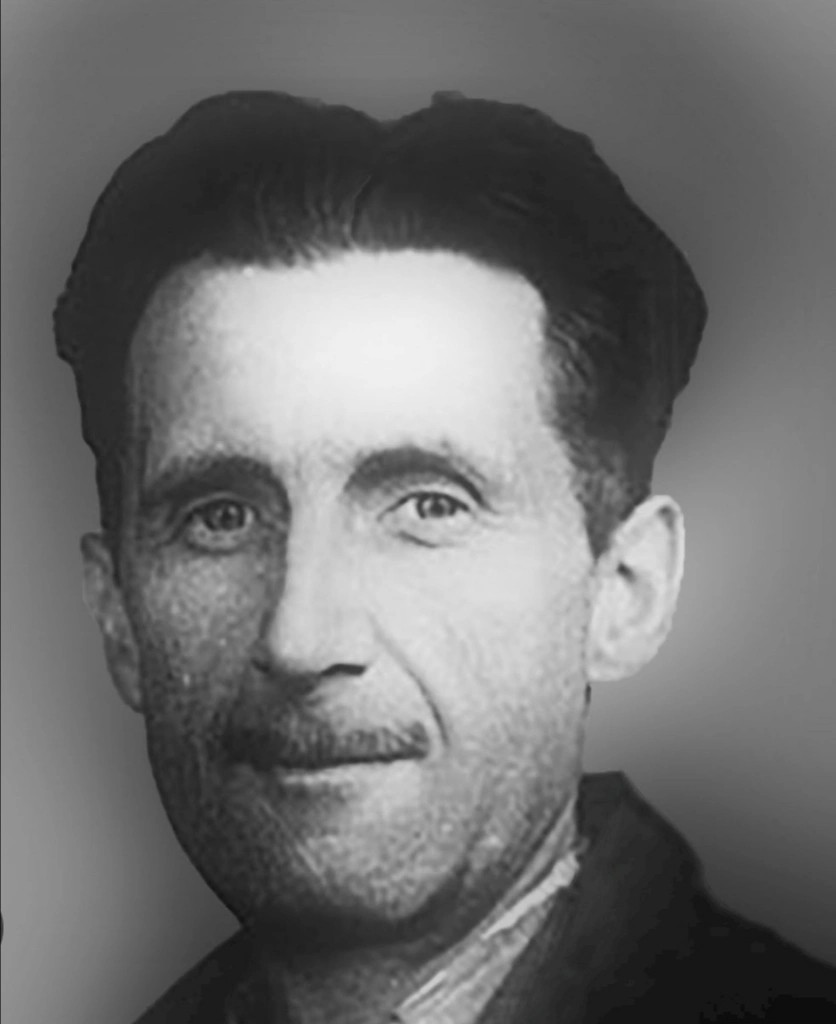
My younger self thought I could distill personal peace into a formula. But everytime, this proved impossible. I began to realise that, nomatter the individual, to be human was to experience love and loss. Even the state of not loving anything or anyone meant loss. Lack. A void. Longing. Which led back to love. And everyone who wrote was writing about this dynamic of love and loss.
But I wanted to hear how writers made sense of this dynamic. How they funnelled it into a theme and a storyline that meant something to people. George Orwell said writers expressed the story of love and loss through the lens of wanting to be remembered (dreading the loss of life and/or lack of meaning). Or wonder at such a beautiful world (love of life). Or historical impulse (love of looking back at life as it was, or pondering what was lost and gained in the past). Or political purpose (love of the ideal of life, rooting for loss of social ills). Well, that’s my interpretation of what Mr. Orwell said in his essay, Why I Write.
Through one of these lenses or avenues, each writer develops their voice. My younger self made sense of Orwell thus: his reason was one of political purpose. He wrote about the love for or loss of freedom and equality in Animal Farm. In 1984, he examined what faulty indoctrination could do to people. With the loss of humanity came the absence of love. Fear and tyranny prevailed.
I’ve toyed with various themes to find my voice as a writer. I’m not convinced that I’ve found my reason for writing. My lens, so to speak. Historical impulse and political purpose resonate now and then. I would have loved to write about the beauty of the world. But those are the hardest pieces of writing for me. I’m not consistently optimistic enough to vividly write the wonder of life. And I think everyone is forgotten with time so the reason of wanting to be remembered does not mean much to me. My nieces struggle to remember who Nelson Mandela is. And they’re not that many generations away from him.
In any case, there are other ways to classify what is written besides Mr. Orwell’s criteria. His stayed with me over the years. But what does it mean for a writer to have a particular voice -let alone to find said voice? Maybe having a voice means putting on paper what is killing us softly. Our voice is what we’re dying to say regardless of the consequences of saying it. Making friends with our compulsions or convictions and knowing them intimately might be what it means to find our voices.
Image from Johannes-Gutenberg Schule Stuttgart: George Orwell (1903 – 1950)
